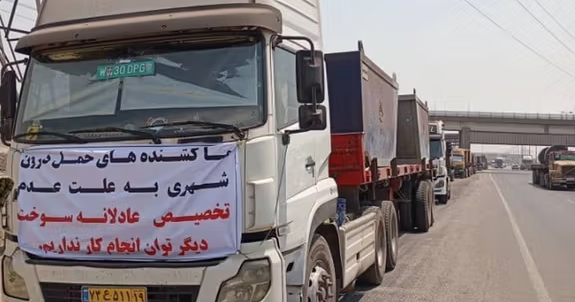
Similar Posts
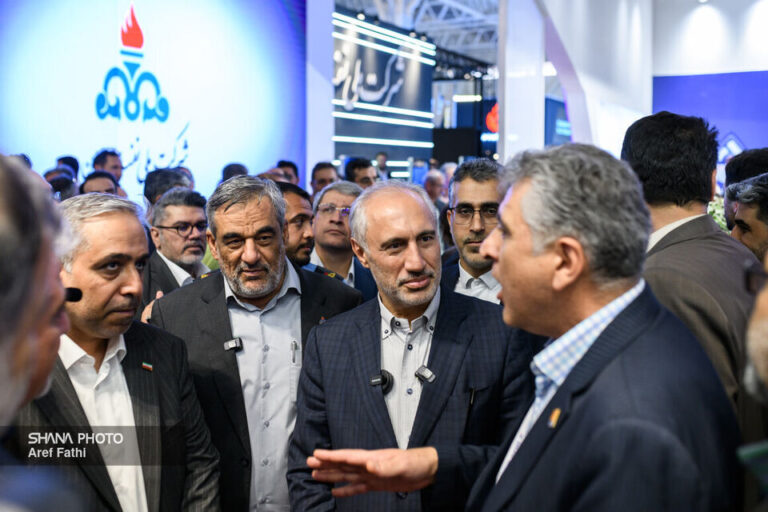
Iran’s Economy Thrives on Oil: Insights from PBO Chief
The head of Iran’s Plan and Budget Organization (PBO) has highlighted the oil, gas, refining, and petrochemical sectors as vital to the nation’s economy. These industries significantly contribute to GDP, job creation, technological advancement, and foreign currency generation. The government aims to enhance infrastructure, attract foreign investment, and promote R&D to modernize these sectors and reduce reliance on crude oil exports. Strategic initiatives include regulatory reforms and market diversification to improve competitiveness. The PBO head’s remarks indicate a focus on fostering growth and resilience in Iran’s economy, positioning these industries as key to the country’s financial future.
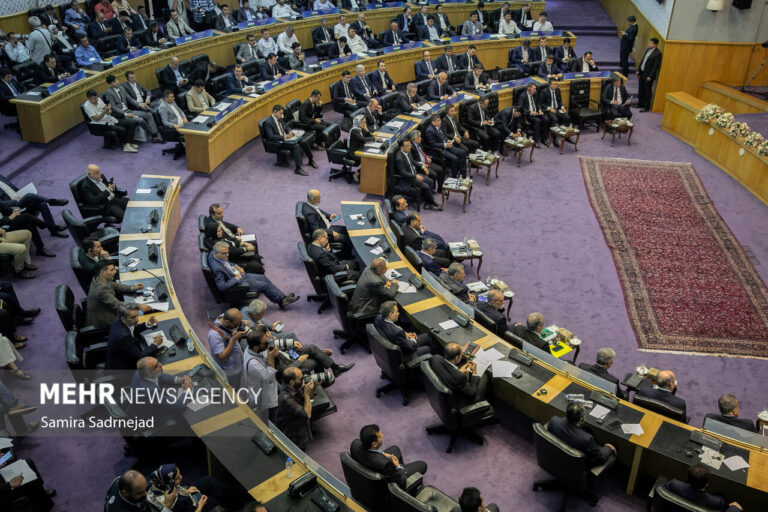
Thriving Trade: Iran and Uzbekistan Unite at Business Forum in Tehran
On May 12, the Iran-Uzbekistan Business Forum took place at Tehran’s Sa’dabad Cultural-Historical Complex, attended by key political figures including Iran’s First Vice President Mohammadreza Aref and Uzbekistan’s Prime Minister Abdulla Aripov. The forum aimed to enhance bilateral trade and explore investment opportunities across sectors like energy, agriculture, and technology. Discussions also focused on cultural exchange and infrastructure development. Both leaders expressed optimism about strengthening economic ties, with Aref emphasizing the potential for collaboration and Aripov highlighting Iran as a critical partner. The forum signifies a commitment to fostering a robust economic partnership for mutual prosperity.
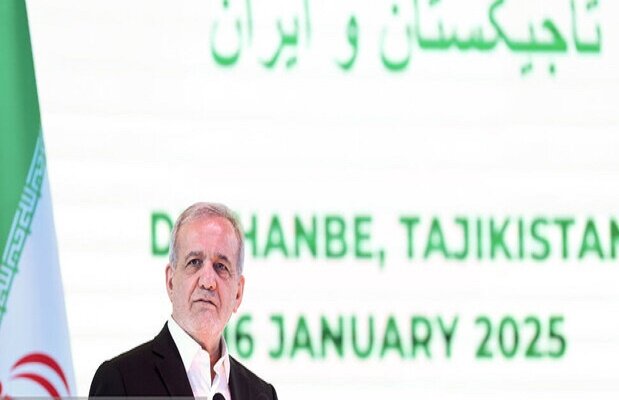
Breaking Down Investment Barriers: Iran and Tajikistan Forge New Economic Pathways
At the “Iran-Tajikistan Business, Investment, and Tourism Conference” in Dushanbe, President Pezeshkian emphasized the importance of enhancing bilateral relations, particularly in tourism and trade. He called for simplified travel regulations and reduced barriers to investment, aiming to boost cooperation across various sectors, including science and agriculture. Tajik President Emomali Rahmon highlighted the cultural bonds, especially their shared Persian language, as a foundation for strengthening ties. Both leaders expressed commitment to fostering deeper connections, with discussions expected to lead to actionable frameworks for increased tourism and investment, ultimately promoting shared prosperity between Iran and Tajikistan.
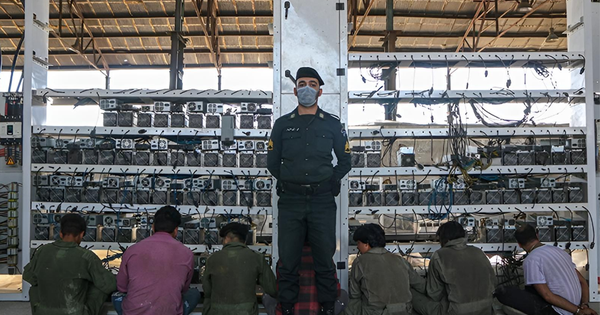
Iran’s Major Crackdown: 240,000 Cryptocurrency Mining Rigs Seized in Bold Move
Iran is grappling with electricity consumption challenges exacerbated by cryptocurrency mining, prompting authorities to seize over 240,000 mining devices in three years. These rigs reportedly consume 800 megawatts, similar to the Bushehr nuclear power plant’s output. Tavanir estimates around 700,000 illegal rigs still operate, consuming 2,000 megawatts. A projected 25,000-megawatt electricity deficit looms for the next year, representing nearly one-third of national consumption. Authorities emphasize the need for stricter regulations and collaboration with law enforcement to combat illegal operations, aiming for a balanced approach to cryptocurrency mining that ensures energy sustainability.
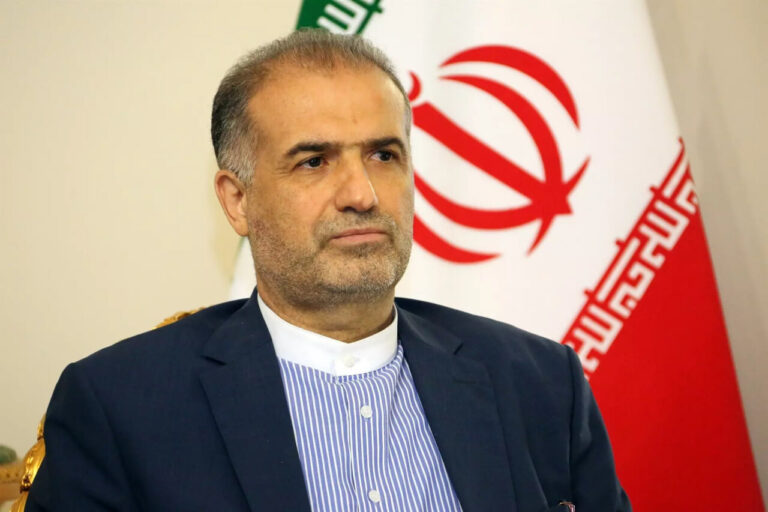
Iran’s Envoy Highlights BRICS’ Crucial Role in Shaping the Future of Global Politics
Iran’s Ambassador to Russia, Kazem Jalali, highlighted the growing influence of the BRICS group in global dynamics during a Moscow press conference. He emphasized the bloc’s focus on de-dollarization, predicting a decline in the US dollar’s dominance in central bank reserves from 58% to 35-40% by 2030. Projections suggest BRICS nations will account for 48% of global GDP and 25% of global exports by the same year. With the group set to expand from five to ten members in 2024, Jalali noted that BRICS could significantly reshape international relations and economic strategies, offering alternatives to Western financial systems.
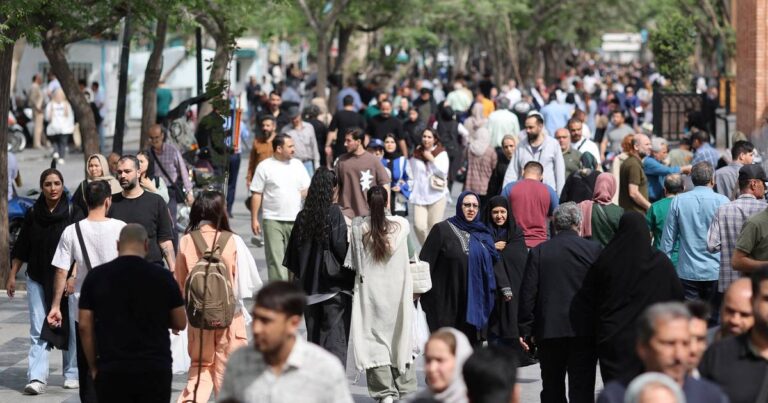
Iran’s Rial Dips as US Negotiations Get Delayed: Economic Impact and Insights
Iran’s currency, the rial, significantly declined past 870,000 to the US dollar after the fourth round of indirect negotiations with the US was delayed, raising concerns about nuclear-related diplomatic efforts. US Secretary of State Marco Rubio outlined demands for Iran, including ending uranium enrichment and allowing inspections. Iranian Foreign Minister Abbas Araghchi dismissed these demands as unproductive, asserting Iran’s rights under the Non-Proliferation Treaty. The International Atomic Energy Agency noted Iran is enriching uranium to 60%, highlighting the urgency of the talks. The rial’s volatility reflects the sensitive nature of Iran’s economy amid ongoing geopolitical tensions.